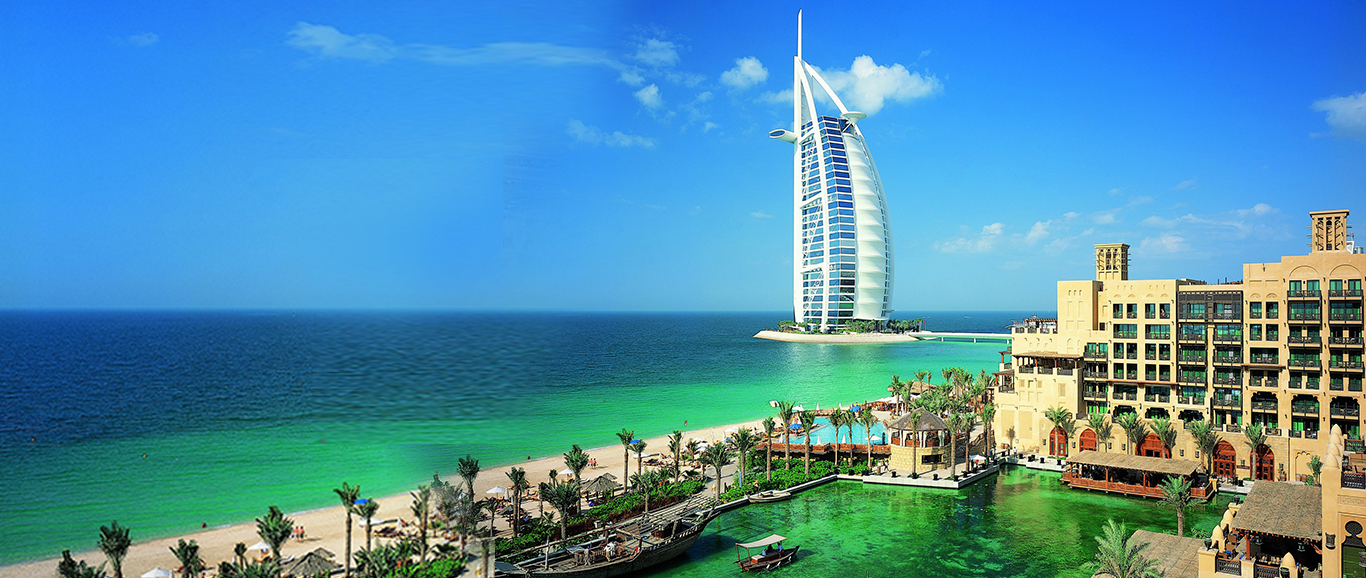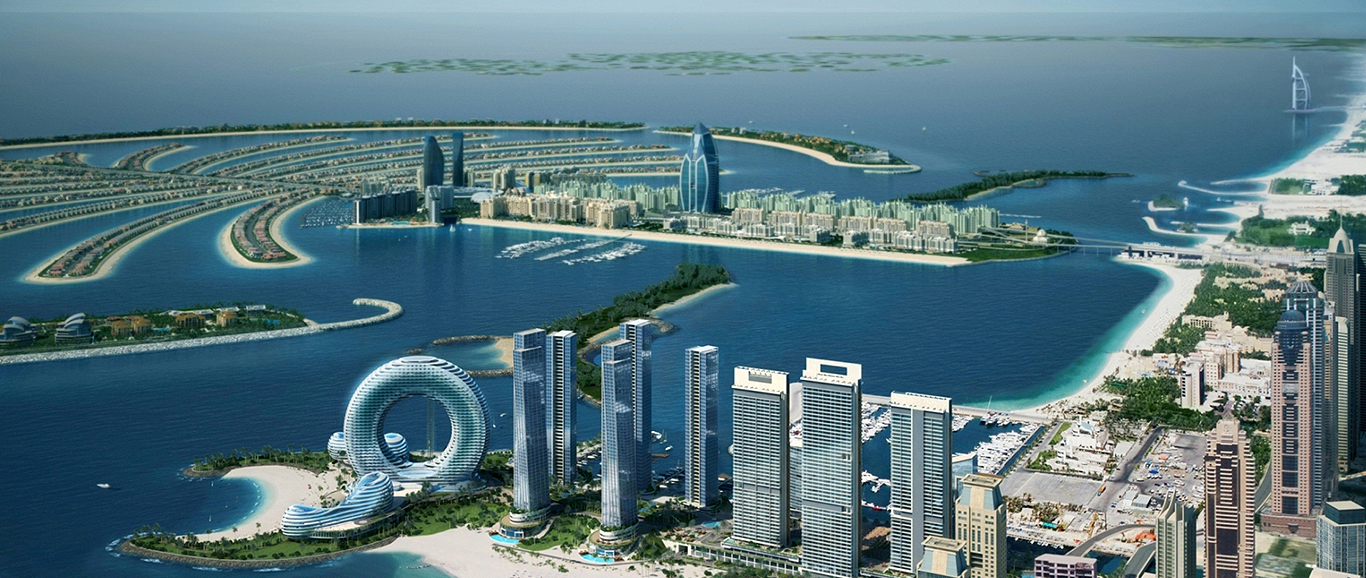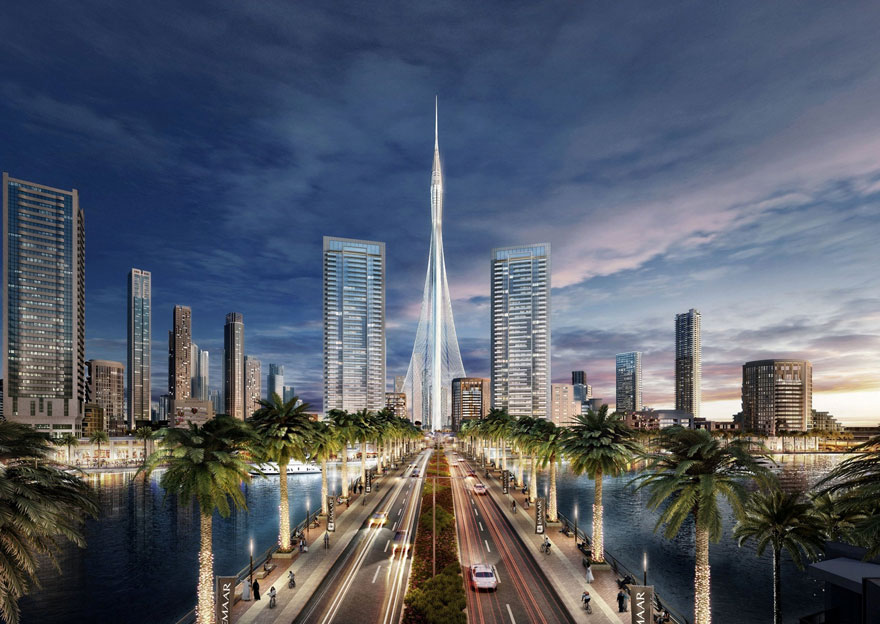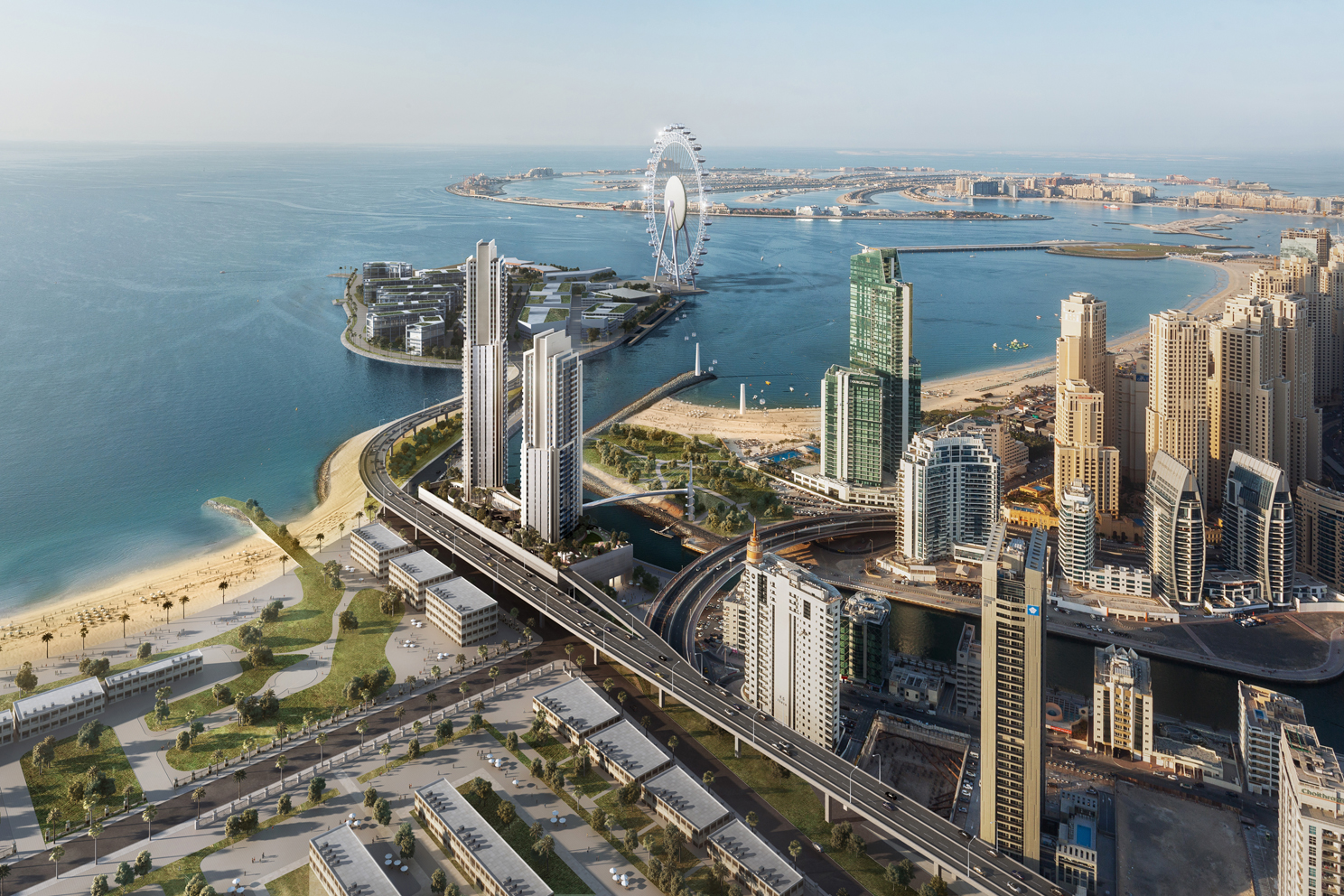




Labour Laws
Administered by the Federal Ministry of Labour and Social Affairs, Labour Law in the UAE is loosely based on the International Labour Organization's model. UAE Law No. 8 of 1980, as amended by Law No. 12 of 1986 (the "Labour Law") governs most aspects of employer/employee relations, such as hours of work, leave, termination rights, medical benefits and repatriation. The Labour Law is protective of employees in general and overrides conflicting contractual provisions agreed under another jurisdiction, unless they are beneficial to the employee.
The Ministry issues a model form of labour contract in Arabic which is widely used, but other forms of contract are enforceable, provided they comply with the Labour Law. End of contract gratuities are set at 21 days pay for every year of the first five years of service and 30 days for every year thereafter. Total gratuity should not exceed two years' wages. Employees are entitled to pro-rated amounts for service periods less than a full year, provided they have completed one year in continuous service.
Trade unions do not exist. In the case of a dispute between employer and employee, or in interpretation of the Labour Law, the Ministry of Labour and Social Affairs will initially act as an adjudicator, in an effort to resolve matters. If a party wishes to appeal any such decision it can take its case to court. Strikes and lock outs are forbidden.
The normal maximum working hours are eight per day or 48 per week. However, these hours may be increased to nine daily for people working in the retail trade, hotels, restaurants and other such establishments. Similarly, daily working hours may be reduced for difficult or dangerous jobs. Many businesses work on a two shift system (for example, 8am - 1pm and 4pm - 7pm). As in all Muslim countries, Friday is the weekly day of rest. In practice, commercial and professional firms work 40-45 hours a week and government ministries about 35. The weekend for office workers has traditionally been Thursday afternoon and Friday, but a number of organizations have changed over to a five day week with Friday and Saturday as the weekend. During the Muslim holy month of Ramadan, normal working hours are reduced by two hours per day.
There are 10 days of public holidays (paid) in any year. The employee's annual leave is two days for every month if his service is more than six months and less than a year. In every completed year of service after the first, an employee is entitled to 30 days annual paid leave. This is in addition to public holidays, maternity leave for women and sick leave.
Overtime is used extensively and additional pay is required for manual and lower ranking staff.
Legal System
There is a comprehensive framework of legislation to ensure that business in the UAE is conducted in a fair and orderly manner. There are laws dealing with commercial transactions, intellectual property, labour and other aspects of business life.
Dubai has many local and international law firms willing to advise foreign business organizations on legal matters.
There are Federal Courts in all emirates except Dubai and Ras Al Khaimah, which have retained their local courts. Dubai has civil, criminal and Shariah (Islamic) Courts of first instance. All court decisions may be brought to the Dubai Court of Appeal. Thereafter, a final appeal may be made to the Dubai Court of Cassation.
The Civil Court (as opposed to the Shariah court) has jurisdiction over labour, civil and commercial transactions, as well as personal matters (e.g. wills, divorces etc) relating to non-Muslims. The language of the Courts is Arabic and advocates admitted to plead are Arab nationals.
Population
According to the Ministry of Planning, the population of the U.A.E. expanded from 2,230,000 in 1994 to 2,377,453 in 1995.
Or leave a call back request and we will getback to you as soon as posible